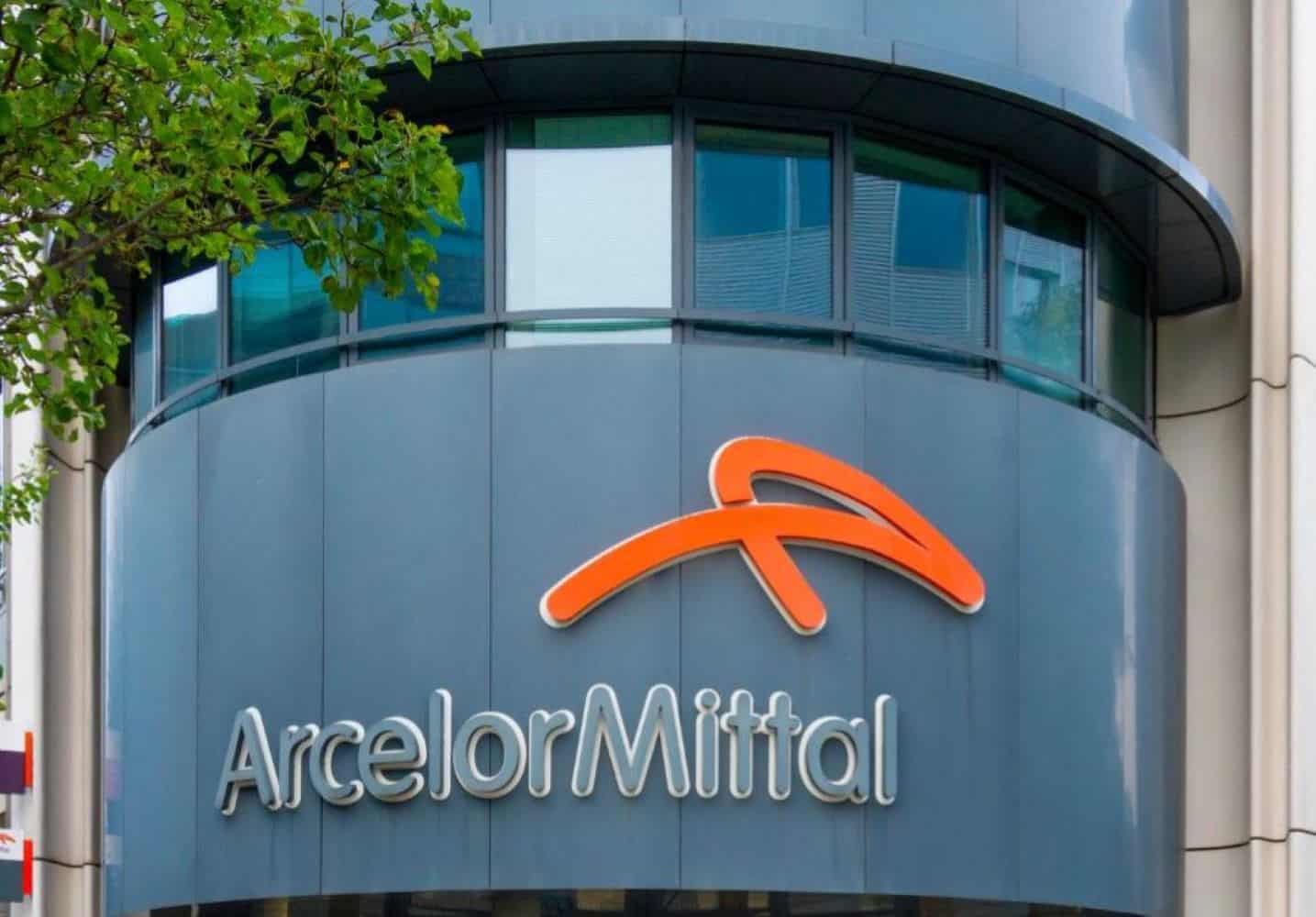Government could have taken ‘easy decisions’ to avert the shutdown, says CEO.

The company says some 3 500 direct and indirect jobs may be affected. Picture: iStock
ArcelorMittal South Africa (Amsa), which announced the winding up of its long-steel business on Monday, will now refocus its efforts on its flat-steel business and new opportunities such as the restart of operations at its Thabazimbi iron ore mine in Limpopo province.
CEO Kobus Verster told a virtual media roundtable on Monday that the loss-making steel company could no longer afford that its long-steel business “drags down” its other operations.
The company announced the closure of its long-steel production business at its Newcastle and Vereeniging plants as well as its Amras (ArcelorMittal Rail and Structures) unit in a media statement on Sens early on Monday morning.
This saw its share price plummet by more than 27%, closing at R1.09 on Monday.

ALSO READ: ArcelorMittal closing down long-steel works, cutting about 3 500 jobs
‘All avenues’ explored
ArcelorMittal notes that the final number of retrenchments as a result of the closures will depend on “agreed alternatives and consultation outcomes”, but it is envisaged that approximately 3 500 direct and indirect jobs may be affected.
Steel production at both plants is expected to stop by late January.
According to Verster, the closure of the long-steel business will “remove” around one million tonnes of the product from the market.
“As most of our customers will know, we’ve tried all avenues to make this work, but it’s not doable with the current constraints. We have an overall business to see to.
“If 35% of your business is loss-making it does impact on your ability to direct investment to where its most logical,” he noted in reference to the long-steel segment.
ALSO READ: Numsa comes to an agreement with ArcelorMittal over retrenched workers
Thabazimbi mine and downstream opportunities
ArcelorMittal has pondered the reopening of the Thabazimbi iron ore mine for a number of years since acquiring it from Kumba Iron Ore in February 2017. At the time, ArcelorMittal was the mine’s sole customer.
Besides the intended reopening of mining operations, ArcelorMittal is also eyeing investment opportunities to support downstream industries, such as automotive, renewable energy and infrastructure.
“Once you have addressed your core profitability and your balance sheet, suddenly these options become available and you can make your business more attractive so you can improve the quality of your earnings,” says Verster.
ArcelorMittal also intends to re-establish itself as an exporter into sub-Saharan Africa and other key geographies, which will enable the company to “operate at full capacity” until the local steel market recovers.
ALSO READ: Government called to take the lead in restoring the steel industry
‘Government could have done more’
In its statement, Amsa attributed the decision to wind down the long-steel business to “persistent high logistics and energy costs and insufficient policy interventions by the government, with the result that the business has become unsustainable”.
Extensive consultations with government and stakeholders including Eskom and Transnet took place in November to find viable solutions. However, the consultations were “insufficient” to avert the closure, the company notes.
According to Verster, the Department of Trade, Industry and Competition (dtic) was informed of the intended closure on 21 December last year, but there has been “no feedback”.
“Government is willing to listen, but not able to take decisions. They could have done more. Especially if you have an environment where steel consumption is 30% lower than eight years ago,” Verster says.
Amsa has warned for years that structural issues were threatening the viability of the local steel industry. This includes the price preference system (PPS), which awards a 40% discount to competitors such as mini mills, which account for roughly 20% of steel produced in the country.
ALSO READ: ArcelorMittal crisis: Jobs at risk, urgent government intervention needed
Moneyweb previously reported that the mini mills consume about 95% of the three million tons of scrap steel sold annually in SA, much of this coming from Transnet. The dtic has imposed a 20% tax on scrap steel exports to encourage local consumption. All of this works to the benefit of mini mills, which remain heavily dependent on state support through the Industrial Development Corporation and dtic intervention in the scrap steel market.
“Easy decisions could have been made,” Verster says. These include reducing export tax from 20% to 5% and “normalising” the PPS framework so that scrap producers would still have a benefit, “but not at 40%”, he adds.
The dtic said in response to the announcement that it “notes with concern” the eminent closure of the Newcastle long-steel plant.
“That will definitely have an economic impact not only in the town of Newcastle but the KZN economy and other downstream impacts. As it is noted in the Sens [announcement], the government tried to intervene and salvage the situation but that was not sufficient … Efforts will continue to find solutions that will be beneficial to the economy.”
This article was republished from Moneyweb. Read the original here.
Download our app




